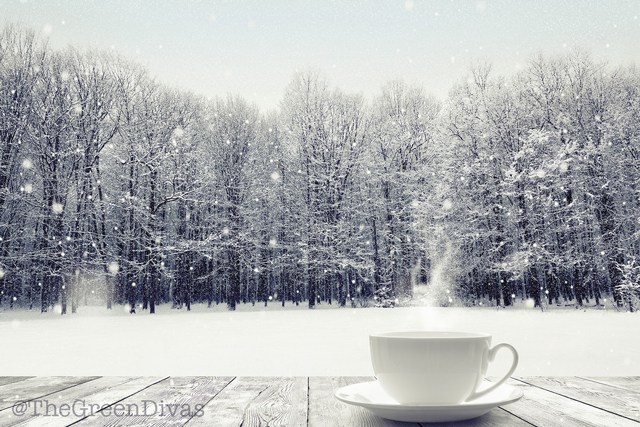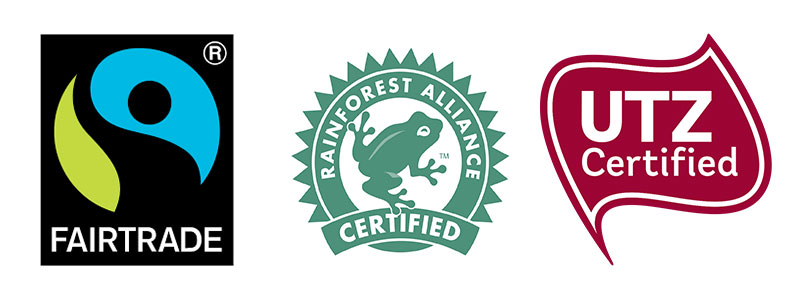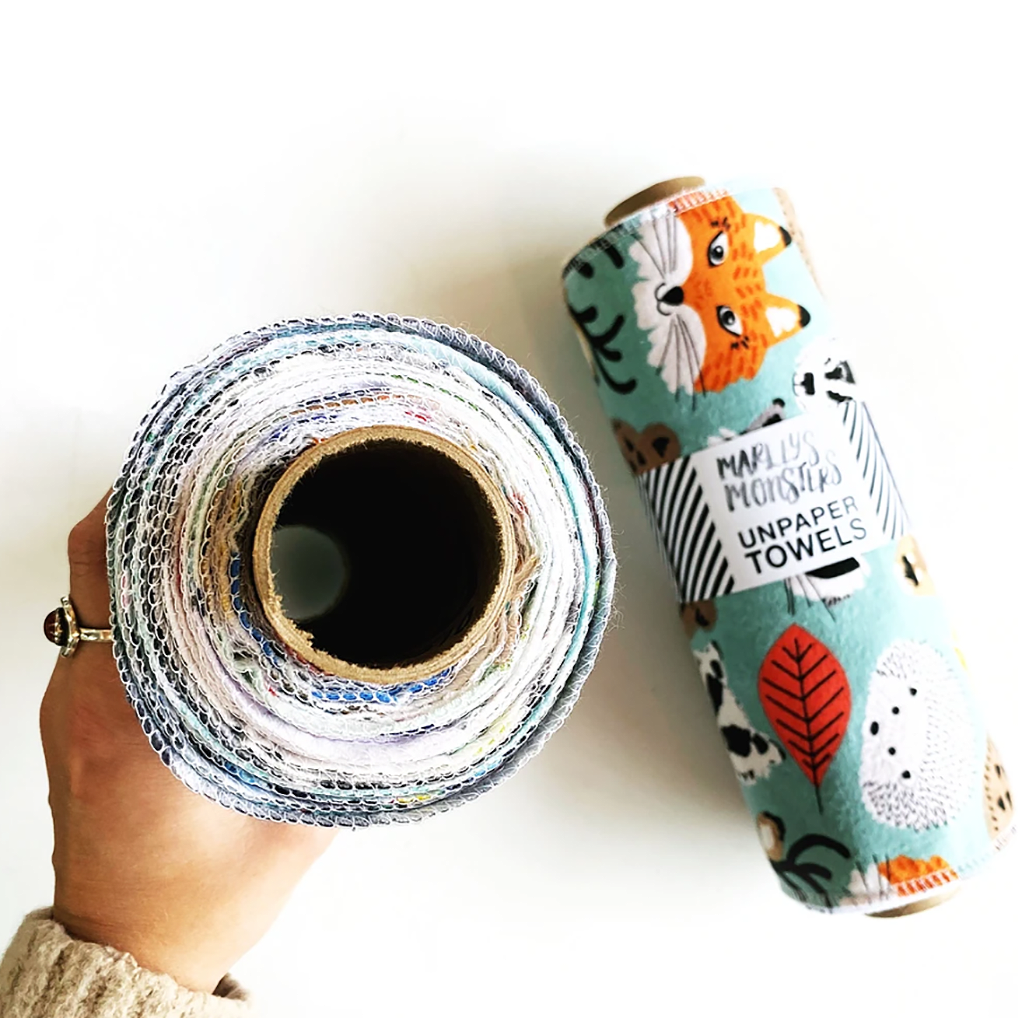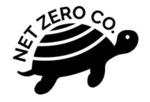DETAILED POST for Episode 6 of the New GD Show
We don’t believe in New Year’s Resolutions (check out GD Meg’s funny and insightful Screw New Year’s Resolutions post), but it’s hard not to reflect on things we could do better at this time of year. Especially since most of us have more time to ponder as most of us are maintaining a bit more isolation during this pandemic. Many of us consider eating better, exercising more, maybe adding meditation to our daily routine. But change is hard, creating new habits takes commitment.
The GD sisters Meg & Lisa offer some helpful tips for making some of the changes we all need to focus on if we’re going to survive on this cool planet of ours. Listen or watch below:
Listen to the show here…
or
Old habits do die hard
As it turns out, it really is easier to fall into the groove of old habits. According to common brain science, neural pathways, comprised of neurons connected by dendrites, are created in the brain based on our habits and behaviors. The number of dendrites increases when the frequency a behavior is performed, thus creating a stronger neural pathway (or in our GD way of seeing it, deeper grooved or worn paths, which can become a bit of a rut). As we participate in new activities, they are training their brains to create new neural pathways. If you’ve ever done this (quit smoking, drinking, or bad habits like chronic lateness or biting your nails…), you know how challenging it is to forge a new comfortable neural pathways and just how EASY it is to say ‘f’ it and jump into our old groove.
So, remember to give yourself a freaking break when working on developing new habits. It’s HARD. As some of my dear friends say, “progress NOT perfection.”
How do we change habits?
Mindfulness – just becoming more aware of what we are doing and being more present rather than rushing through our day on a subconscious steam will make a huge difference. Without judgment, we start to see and observe how easily we reach for things without thinking or drive a certain route without even noticing we are doing it (scary, but you know what I’m talking about). Begin a practice of just taking a deep breath and being more present in even the most mundane activities and see how different things feel. It’s kinda cool. Being aware of ourselves and our behavior and habits is the first step in making any changes. READ this great post and listen to the associated podcast 10 Steps to Mindful Happiness.
Meditation – so much can be said about meditation in general, but it has been our experience that meditation always helps to bring us to greater mindfulness and awareness of who we are and how we move through the world. Not going to try and define it all here, but if you are thinking about making any major changes, consider adding even a few short minutes a day of meditation to your routine and you will definitely feel a difference. NOTE: You don’t have to be a silent guru with a super clean mind, most of us have a circus going on. just observe it, forgive yourself and let it all go. Know that you are NOT alone! Guided visualization is a great way to start a meditation practice. LISTEN to GD Meg’s peaceout guided meditation!
Journaling – another great way to beginning to see patterns in our behavior and become more conscious of how we are in the world. Never heard anything about negative effects of journaling! Try it!
21-day affirmations – The 21 day rule is a method of doing/saying/being something for 21 days, to change a behavior, belief or habit. There are so many awesome 21-day programs to help with this. Here’s a great article we found about changing habits in 21 days.
When we look at the worst of our world and trace it back, it often lands right at our doorstep. So if we want to make things better, the best we can do is start at home. Let’s look at some of our everyday habits and see if we can’t make things little better by being more conscious of how we move through our day and how that impacts the planet.
Coffee, Coffee, Coffee (or tea)

Let’s start with coffee. The elixir of the gods that fuels many of our mornings and days. Sustainable Coffee is coffee grown and marketed because it’s healthier for us and the planet. In a perfect world, coffee should always be organic, Fair trade, Rainforest Alliance, UTZ Certified. Sadly, sustainable coffees brands are still only a small percentage of all the coffee sold.

Nespresso buys literally half of all the Rainforest Alliance coffees. That’s cool, especially because all those little cups SUCK (although they do offer to recycle them, whatever that means).
Starbucks purchases nearly 90% of its coffee through a private certification organization C.A.F.E.
Single serve coffee like Keurig etc. are the second most popular way to make coffee.
27% of American coffee drinkers have single use coffee machines at home. That’s over 75 million cups made every day.
The amount of those little plastic K-cups that end up in our landfills all lined up could circle the world 10 times. The Keurig company is responding by committing to produce a polypropylene cup that is recyclable, but we all know that recycling isn’t really working the way it is proposed to, so most of the cups will be incinerated which will spew toxins into the air, water and soil.
Coffee will get more expensive as the climate rises.
- The best growing places are getting too warm. By 2050 we will likely have only half the amount of land suitable for growing coffee.
- Consumers are buying 500 billion cups of coffee a year that doesn’t account for the coffee we have at home, which is more sustainable for the sake of our mission to be better global citizens.
- We could be faced with not only higher prices, but less tasty coffee. By 2050, 60% of the coffee species could be gone!
- The loss of growing conditions may encourage growers to move up to higher grounds which would cause more deforestation. This is not good.
So first buy coffee that is organic, fair trade, Rainforest Alliance or UTZ certified. If you are making coffee at home, brew it in something other than a single use maker. If you have to use your single use maker, use the compostable pods or better yet, the reusable pods. And if you are going to the coffee shop to buy coffee, bring your own cup. Convenience should not be the trade off for trashing the planet.
And if you absolutely HAVE to use coffee pods (at work or whatever), there are brands that make organic, recycled and recyclable pods! READ: When you absolutely have to use coffee pods.
Or that afternoon tea
Much like coffee, tea is also a product we need to be more mindful about — where it comes from, who grew it, how was it grown, was it fair trade, is it organic and sustainably grown? READ GD Meg’s tea post!
Other Daily Habits as We Move Through Our Day
Use cloth napkins and kitchen towels – There is rarely a reason to reach for a paper towel, when you can keep a stash of really cute cloths for quick wipe downs to be thrown in the laundry. You can even keep an older stash for the really messy spills.

Remember to bring your own bags, when we can do that again…
Recycle plastic bags – Lisa is the queen/diva of reusing ziplocs. She re-uses and re-uses them. If they get really messy, She just turn them inside out and throw them in the laundry, but do NOT put them in the dryer.
#stopsucking – single-use plastic straws are literally a scourge on the planet and in our oceans! It’s a really hard habit to change, but an important one. Get your reusable straws and keep them with you when you go out – when we go out again, THEN remember to tell your server to NOT bring you that plastic straw. LEARN MORE about plastic straws and why we should ditch them in this post & podcast!
Turn the Lights off! And unplug the things you are not using. LEARN about vampire energy and how much you can save (money & energy).
Turn off the faucet! OMG, we’ve done sooooo many posts about water conservation and water safety… we take water for granted. 1.2 Billion people in the world lack access to clean water. Safe water access is already a crisis in many places INCLUDING THE US — Flint MI, Navajo reservation, North Dakota… READ more about water here.
Interesting article about how water has memory…?
Fix leaky faucets and toilets! Annual household leaks waste 1 TRILLION gallons of water each year. Again, so many posts here about water conservation, but READ this article for a lot of great information on water conservation.
Think before you buy crap – ask yourself: do I need this? How long will it last? Can I fix it? Can it be recycled?
Consider fixing things – Every year, we create 2 billion tons of waste, and 99% of the things we buy don’t make it past six months. Around 1 billion mobile phones and 300 million computers are produced annually, and 60% of these devices end up in landfills. Global e-waste has risen by 8% in the past two years. (2018 – CNN)
Companies We Dig

sponsored by Your Arbor – a browser extension that allows you to stick to your values when you shop online.
by GD Lisa McWilliams

In the spirit of moving through my day while thinking of ways to share good habits for humanity, I find myself focusing on this company.
“At Net Zero, our mission is to be a catalyst for change and a driving force in the low waste movement. To help fulfill this vision of a cleaner world, we create items that can replace daily products with reusable alternatives, all while maintaining the convenience and style of these everyday items. This can make a world of a difference.”
They partner with Eden Reforestation Projects to help plant trees in environmentally and economically challenged countries around the world. For every order, they make a meaningful donation to this incredible organization.

I am kind of an aesthetic snob, and this company satiates my need for design and sustainability.
So far, I have their:
- bamboo toothbrush
- Bamboo hairbrush
- Cotton cloth produce bags
- Silicone stretch covers for bowls
- Wax cloth reusable food wraps
- Dish brush with replaceable head
- My grands have reusable lunch containers
But the options go on and I will be trying more of their products.
Remember as we try to make the shift to a more sustainable and kinder world and maybe some new habits feel awkward or frustrating, focus on the good, how deeply satisfying it is to do the right thing for us, future generations and the planet we inhabit.
Some of us say, progress not perfection. It really does take time to change new habits. The one thing that will never change is each generation’s dependence on a healthy planet. Be the Change.